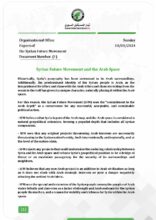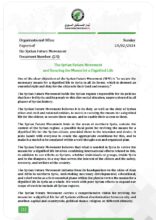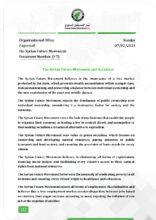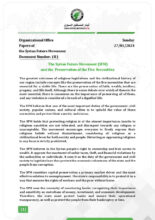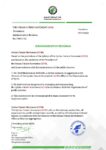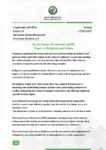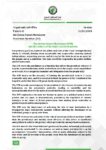The Syrian Future Movement (SFM) and Unity
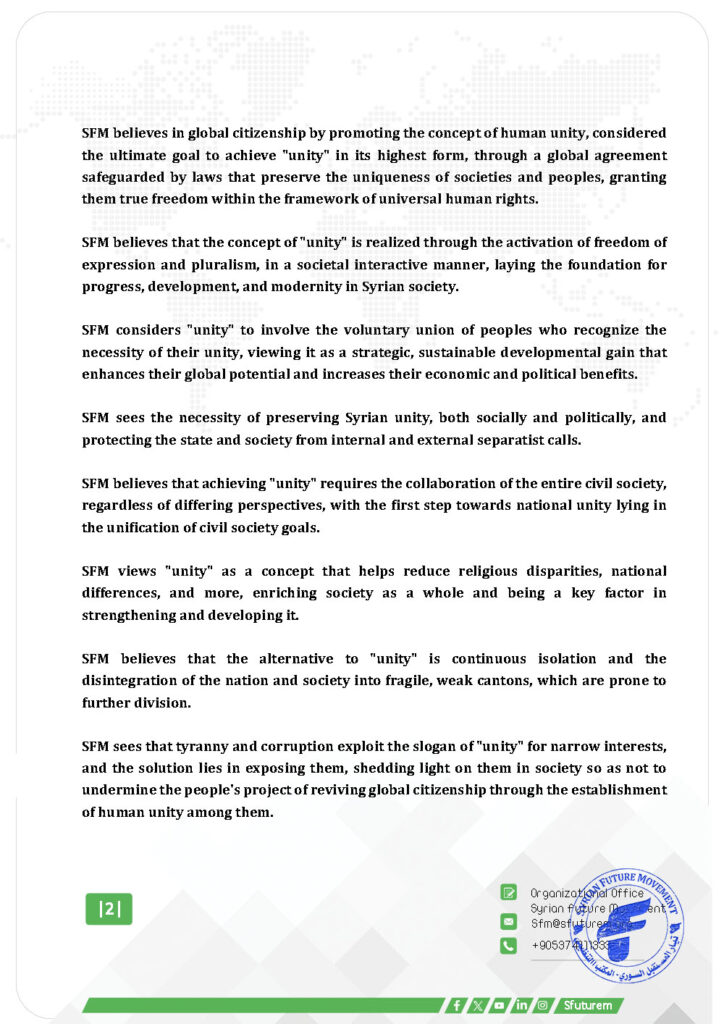
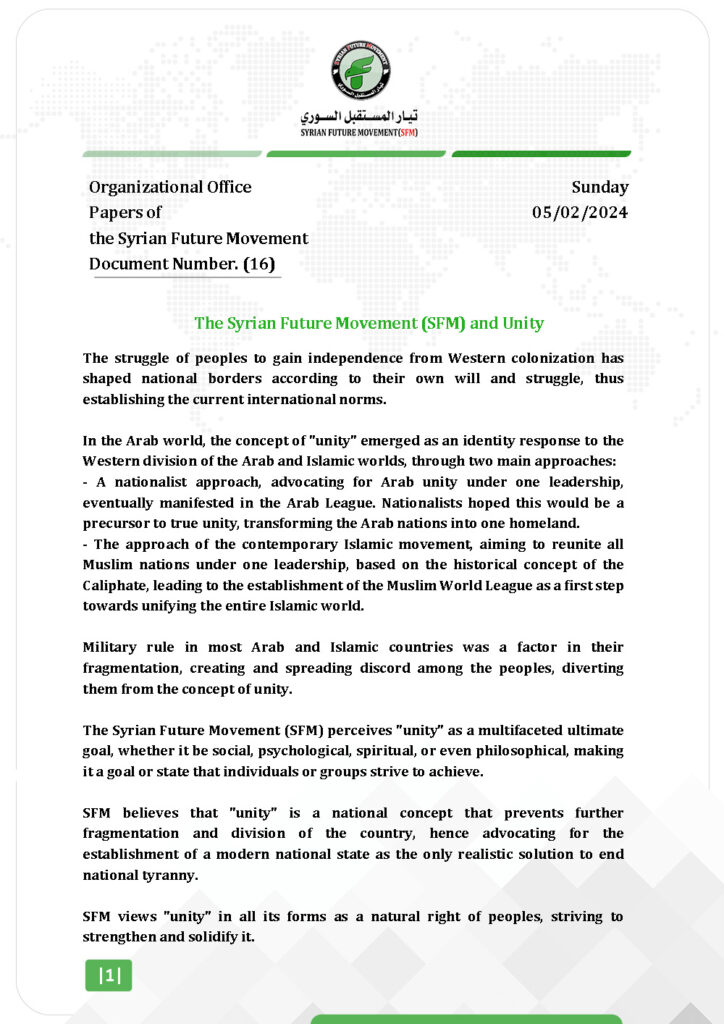
The struggle of peoples to gain independence from Western colonization has shaped national borders according to their own will and struggle, thus establishing the current international norms.
In the Arab world, the concept of “unity” emerged as an identity response to the Western division of the Arab and Islamic worlds, through two main approaches:
- A nationalist approach, advocating for Arab unity under one leadership, eventually manifested in the Arab League. Nationalists hoped this would be a precursor to true unity, transforming the Arab nations into one homeland.
- The approach of the contemporary Islamic movement, aiming to reunite all Muslim nations under one leadership, based on the historical concept of the Caliphate, leading to the establishment of the Muslim World League as a first step towards unifying the entire Islamic world.
Military rule in most Arab and Islamic countries was a factor in their fragmentation, creating and spreading discord among the peoples, diverting them from the concept of unity.
The Syrian Future Movement (SFM) perceives “unity” as a multifaceted ultimate goal, whether it be social, psychological, spiritual, or even philosophical, making it a goal or state that individuals or groups strive to achieve.
SFM believes that “unity” is a national concept that prevents further fragmentation and division of the country, hence advocating for the establishment of a modern national state as the only realistic solution to end national tyranny.
SFM views “unity” in all its forms as a natural right of peoples, striving to strengthen and solidify it.
SFM believes in global citizenship by promoting the concept of human unity, considered the ultimate goal to achieve “unity” in its highest form, through a global agreement safeguarded by laws that preserve the uniqueness of societies and peoples, granting them true freedom within the framework of universal human rights.
SFM believes that the concept of “unity” is realized through the activation of freedom of expression and pluralism, in a societal interactive manner, laying the foundation for progress, development, and modernity in Syrian society.
SFM considers “unity” to involve the voluntary union of peoples who recognize the necessity of their unity, viewing it as a strategic, sustainable developmental gain that enhances their global potential and increases their economic and political benefits.
SFM sees the necessity of preserving Syrian unity, both socially and politically, and protecting the state and society from internal and external separatist calls.
SFM believes that achieving “unity” requires the collaboration of the entire civil society, regardless of differing perspectives, with the first step towards national unity lying in the unification of civil society goals.
SFM views “unity” as a concept that helps reduce religious disparities, national differences, and more, enriching society as a whole and being a key factor in strengthening and developing it.
SFM believes that the alternative to “unity” is continuous isolation and the disintegration of the nation and society into fragile, weak cantons, which are prone to further division.
SFM sees that tyranny and corruption exploit the slogan of “unity” for narrow interests, and the solution lies in exposing them, shedding light on them in society so as not to undermine the people’s project of reviving global citizenship through the establishment of human unity among them.
